Protection for Student Journalists
April 25, 2023
On March 23rd, 2023, West Virginia Governor, Jim Justice (R-WV) signed the Student Journalist Press Freedom Protection Act also known as SB 121 into law.
The act states that high school and college/university students in journalism have the freedom of expression protected by the First Amendment in the United States Constitution and West Virginia Constitution Article III, section 7.
This means that high school or college-level journalists in West Virginia will have more protection for their publications. Student journalists can write about more controversial topics without worrying about getting punished for publishing them, as long as they are responsible journalists.
Jacob Sloane, a Woodrow Wilson student and long-time journalist of five years, has personally experienced censorship during his time as a journalist. During Sloane’s eighth-grade year, he tried to publish an article about LGBTQ+ discrimination in schools. “I was the only openly gay kid in middle school and my peers often teased me about it. Any time it was brought up, it was dismissed. I wanted to address it on a public forum.” Sloane told. Upon publication, Sloane’s article was denied publication by the principal, who explained that since he was a minor, it would not be advisable to publish sensitive information regarding sexual orientation. “I was very frustrated at the time; I wanted to be heard. However, thinking back on it, I think being censured is what gave me the push I needed to fuel my passion for journalism,” Sloane shared.
Woodrow Wilson High School Principal, Ryan Stafford has shared his thoughts about the law, stating that “on the public-school level, we simply need to check boxes pertaining to the protections in place regarding student and employee privacy, as well as not pursuing anything that could be deemed as a disruption to the educational process.” He says he truly wants WWHS students to express themselves, but not in a way that could put anyone in harm’s way. “I believe that our students having a voice is a key factor in building a culture deserving of the Flying Eagle spirit.”
However, Stafford does prefer to look at the law in context of what created it. “While they include ‘high school’ within the article, I believe the main fight occurred on the collegiate level.” Meaning that on the secondary public-school level, the word “censorship” becomes more open to interpretation because administration must safeguard information related to minor students. So, while this may mean more freedom for student expression, it still follows the notion of “first do no harm” expressed by Oliver Wendell Holmes,”The right to swing my fist ends where the other man’s nose begins.” This could also equate to the stroke of a pen or the keys on a student reporter laptop.



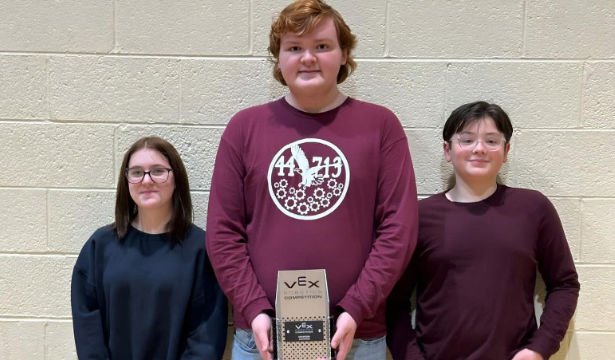




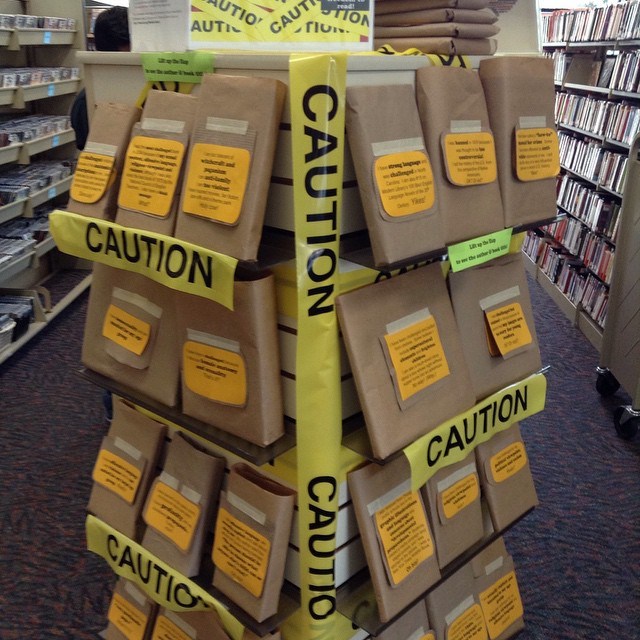
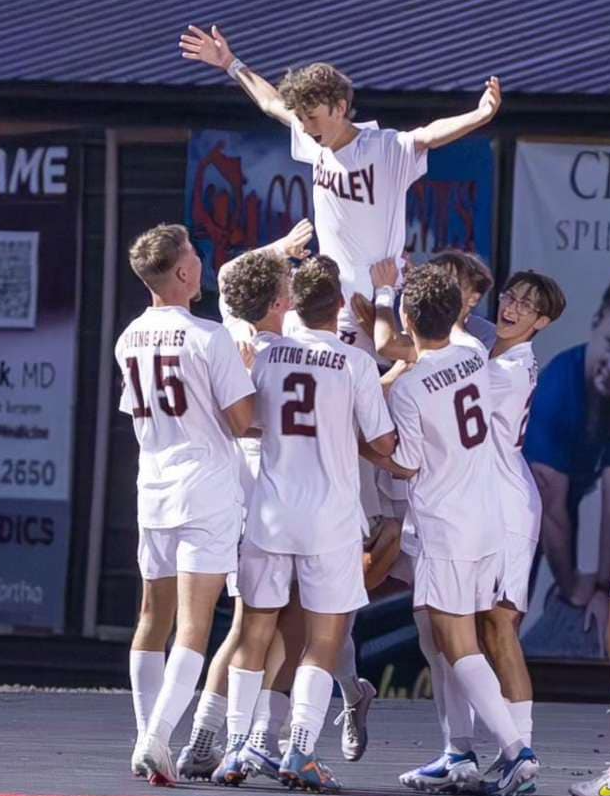

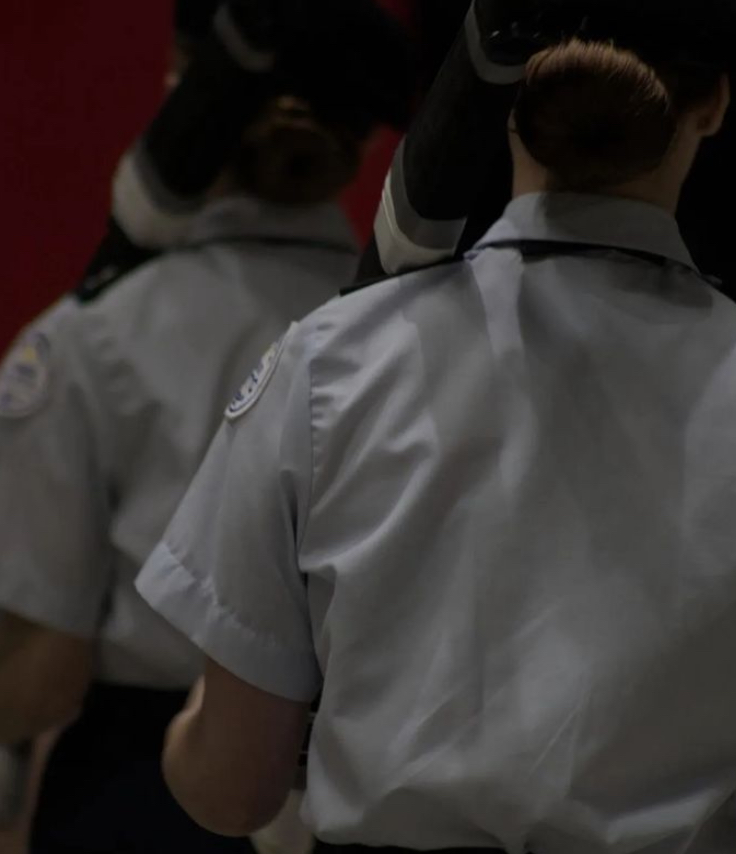





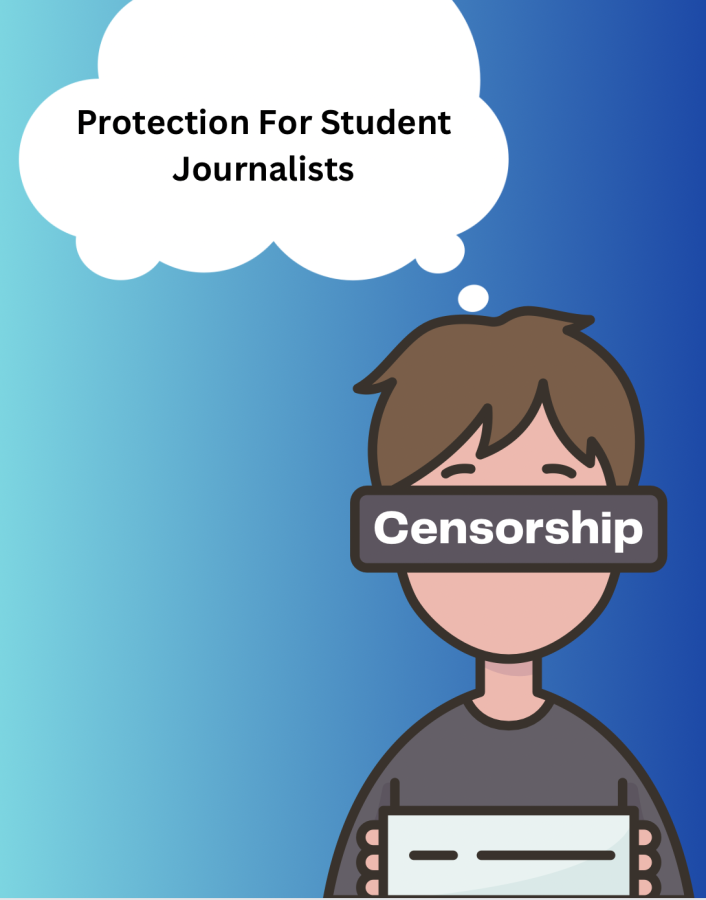
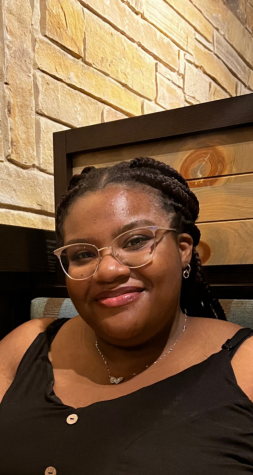


Brandon Spleens • Apr 25, 2023 at 11:37 am
Students shouldn’t have to fear the topic they’re writing about. School newspapers are a place for students to discuss any topics or issues openly. As long as it doesn’t disrupt the educating of peers or start bullying, what’s the issue? I’m thankful to see that the governor of West Virginia is allowing students to have more open ended articles published. Sometimes other’s words are powerful when making decisions and those words deserve to be read.